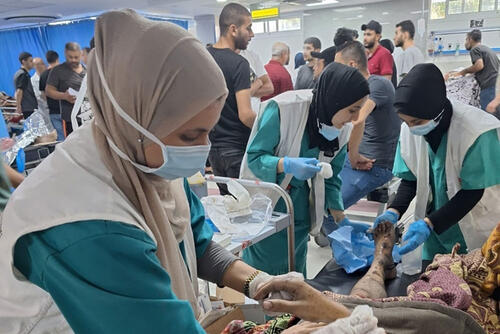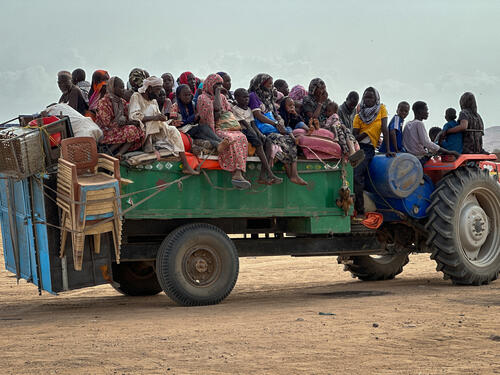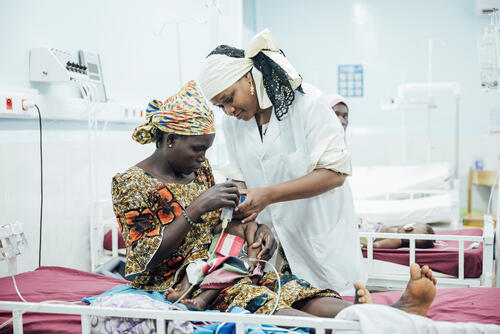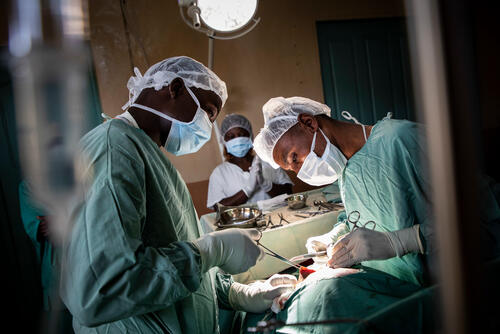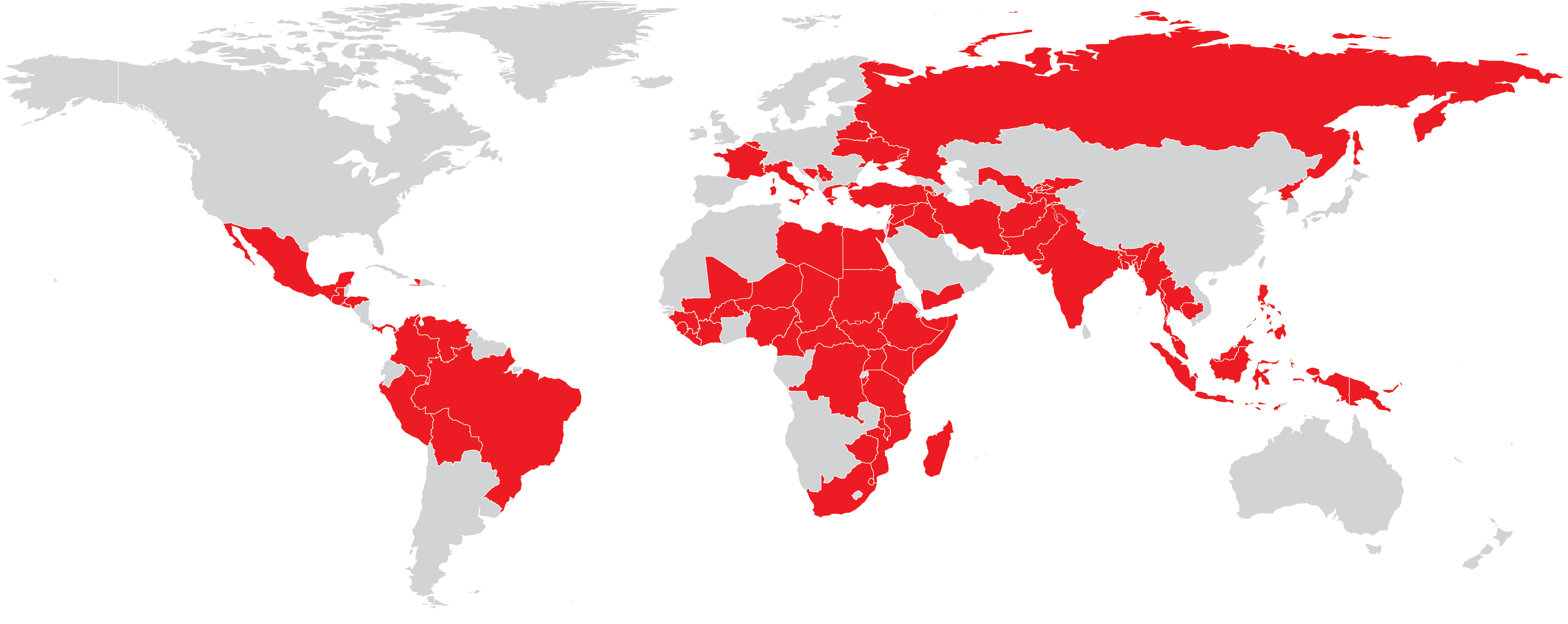MSF is an international humanitarian organisation providing medical care in more than 75 countries.
Since 1971, we have been treating people caught in complex crises and chronic healthcare emergencies around the world.
From our paediatric nurses to our off-road drivers, we are experts at working in fast-moving and highly-insecure environments. So, whether it's launching a rapid response or delivering community care, we go wherever we are needed most.
In 2024, we admitted more than 1.6 million people to our hospitals and held more than 16.4 million consultations, including at mobile clinics and in refugee camps.
Our vital work often hits the headlines when there's an emergency such as an earthquake, war or disease outbreak.
However, our teams are also running long-term medical programmes for vulnerable groups cut off from care, or speaking out about unseen suffering and the policies that cause it.
Around the world, 365 days a year, we are there even when the cameras are not.
What makes MSF different?
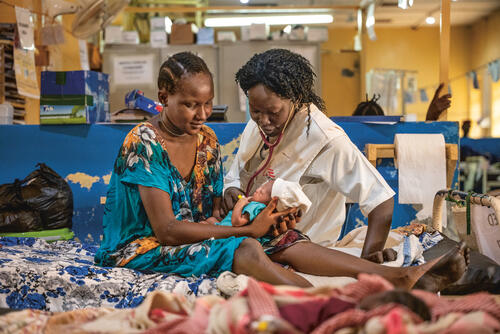
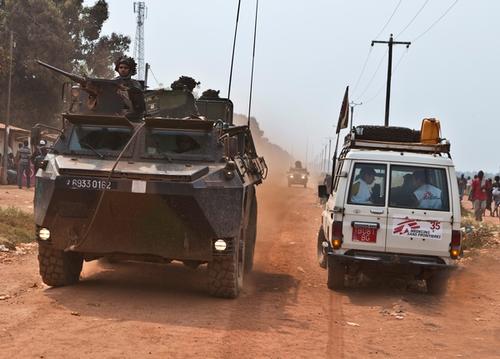
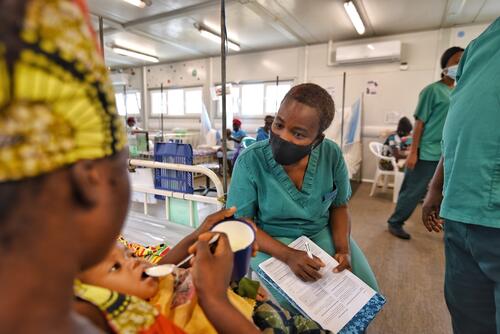
We are a global movement of over 52,000 people from over 160 countries. In 2024, more than 42,000 of our staff, from surgeons to warehouse managers, were hired locally from the places we support.
How can I stay up to date?
Get Frontline, our email newsletter
Join our team of over 92,000 Frontline subscribers and stay up to date with the world’s most important humanitarian crises.
You'll receive:
- All our latest news and the stories that matter the most
- Urgent updates and disaster appeals
- Personal accounts from our staff and patients around the world
- Event invitations and unique opportunities to get involved
You can unsubscribe at any time and we'll never sell, swap or share your details with anyone else. Ever.
How does MSF spend money?
79p
OF EVERY £ DONATED GOES TO MEDICAL OPERATIONS
£6.32
RAISED FOR EVERY £ SPENT ON FUNDRAISING
8p
OF EVERY £ DONATED SPENT ON UK GENERAL SUPPORT COSTS
What are MSF teams doing right now?
